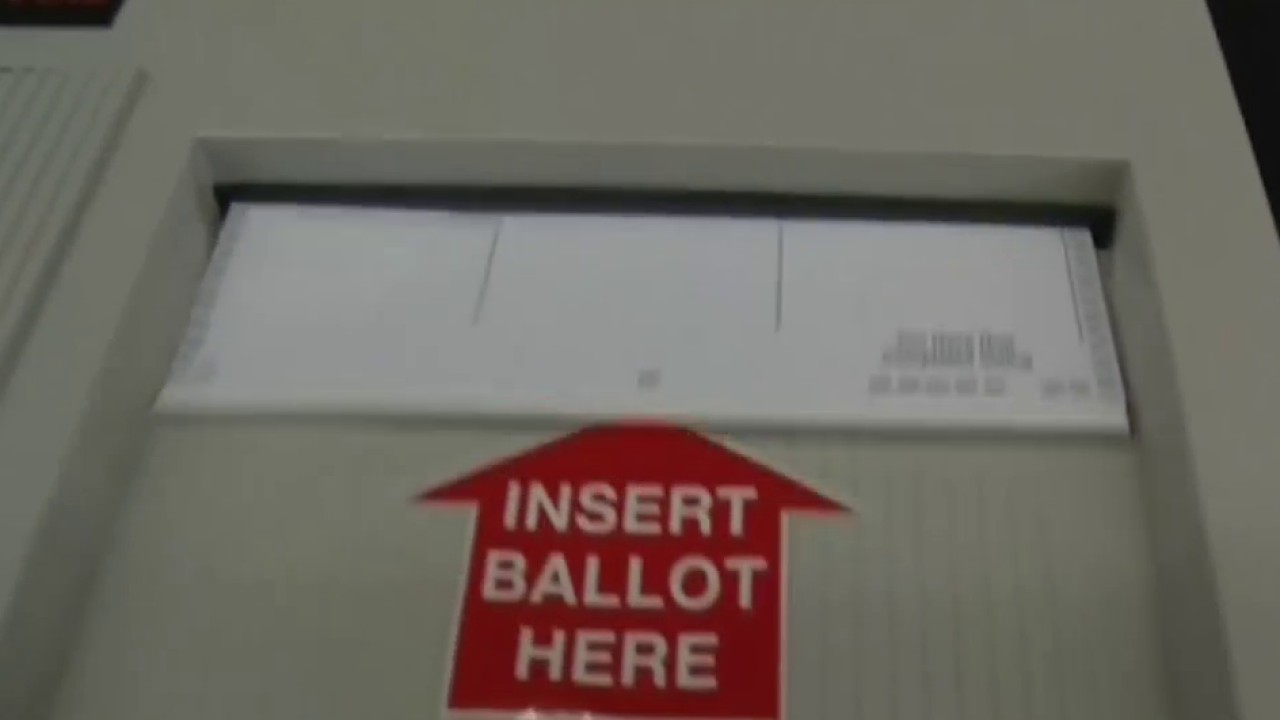11/6/24 UPDATE: Click here for the latest results -- all five ballot questions have been decided.
Massachusetts voters on Tuesday weighed in on five ballot questions that could impact everyone from high school students to rideshare drivers.
WATCH ANYTIME FOR FREE
>Stream NBC10 Boston news for free, 24/7, wherever you are. |
As of early Tuesday morning, one question was approved (Question 1, on auditing the Legislature) and one was defeated (Question 5, on the minimum wage for tipped workers).
Here's a look at the results as they come in.
Get updates on what's happening in Boston to your inbox. Sign up for our >News Headlines newsletter.
Mass. Ballot Question 1 — auditing the Legislature
Question 1 concerns whether the office of state auditor should have its investigative powers expanded to include oversight of the Legislature. It came from an effort led by current State Auditor Diana DiZoglio, who campaigned on the issue and has continues to push the measure.
If passed, it would make some legislative activities subject to audit - including compliance with employee training rules, cybersecurity norms and purchasing activities. The auditor still would not have the power to examine votes, debates, communications, assignments and policy.
Voters approved the measure, apparently by a large margin, according to an Associated Press projection.
Late Tuesday, Senate President Karen Spilka and House Speaker Ronald Mariano shared a statement on the result and what the Legislature's next steps would be.
“Consistent with how the Legislature has moved forward with every voter-approved ballot question in the past, we will consider next steps regarding how to best respect the Question 1 election results in a manner that aligns with the fundamental principles of the Massachusetts Constitution, including separation of powers,” they said in the statement.
Mass. Ballot Question 2 — MCAS as a graduation requirement
Question 2 concerns eliminating the 10th grade MCAS exam as a graduation requirement for high school students. Currently, public high school students must meet grad requirements and receive a "competency determination" to graduate. The most common way to get this is to pass the 10th grade MCAS exams.
If passed, students would still need to take 10th grade MCAS but would no longer need to earn a passing score or other state approval. Instead, districts would set their own criteria for graduation, making Massachusetts one of the few states without a common graduation standard.
Mass. Ballot Question 3 — rideshare driver unionization
Question 3 concerns whether rideshare drivers - like those working for Uber or Lyft - should be able to unionize. If passed, it would allow for sector-based bargaining, which means drivers across multiple companies could negotiate together for better pay, expanded benefits and other protections that would apply across the industry.
Mass. Ballot Question 4 — legalizing psychedelic substances
Question 4 concerns the legalization of certain psychedelic substances, which are increasingly being used in clinical research to treat mental health. If passed, the law could allow a group of naturally occurring psychedelic drugs (psilocybin, psilocyn, mescaline, DMT, and ibogaine) to be grown, shared, used at home, and offered by licensed professionals in a more clinical setting. It would not make psychedelics available for purchase at retail shops. Adults would need to grow their own, find someone willing to share their supply, or use at a licensed psychedelic therapy center.
Mass. Ballot Question 5 — tipped employee minimum wage
Question 5 concerns a change in the way tipped workers are paid. Currently minimum wage laws vary for waitstaff, bartenders, manicurists and other types of tipped workers. Tipped workers are guaranteed the full minimum wage ($15/hr), but employers can pay them as little as $6.75 per hour, provided that tips make up the difference.
If the ballot measure had passed, restaurants would have been allowed to pool or share tips with cooks, bookkeepers and others who don't interact directly with customers, which was not allowed under current rules. Wait staff could still be tipped.
But Massachusetts Restaurants United, a group of bartenders, servers and independent restaurant owners, issued a statement around 10 p.m. Tuesday claiming victory.
"Tipped workers and the independent restaurant community have triumphed. We keep the power in the hands of individual servers and bartenders who work tirelessly day after day to service guests across the Commonwealth to the best of their abilities," the group's treasurer, Newburyport restaurant owner Nancy Caswell, said in a statement.
And the Yes on 5 campaign conceded, citing an uphill battle against corporate spending.
"This year in MA we fought an uphill battle against millions of dollars in corporate influence, false claims, and fear tactics, and we came closer than anyone thought possible. The fight for fair wages is far from over, and we will continue organizing to ensure that every worker in Massachusetts receives the dignity and respect they deserve," One Fair Wage President Saru Jayaraman said in a statement.
Explore all the top election results around Massachusetts and the country here.



